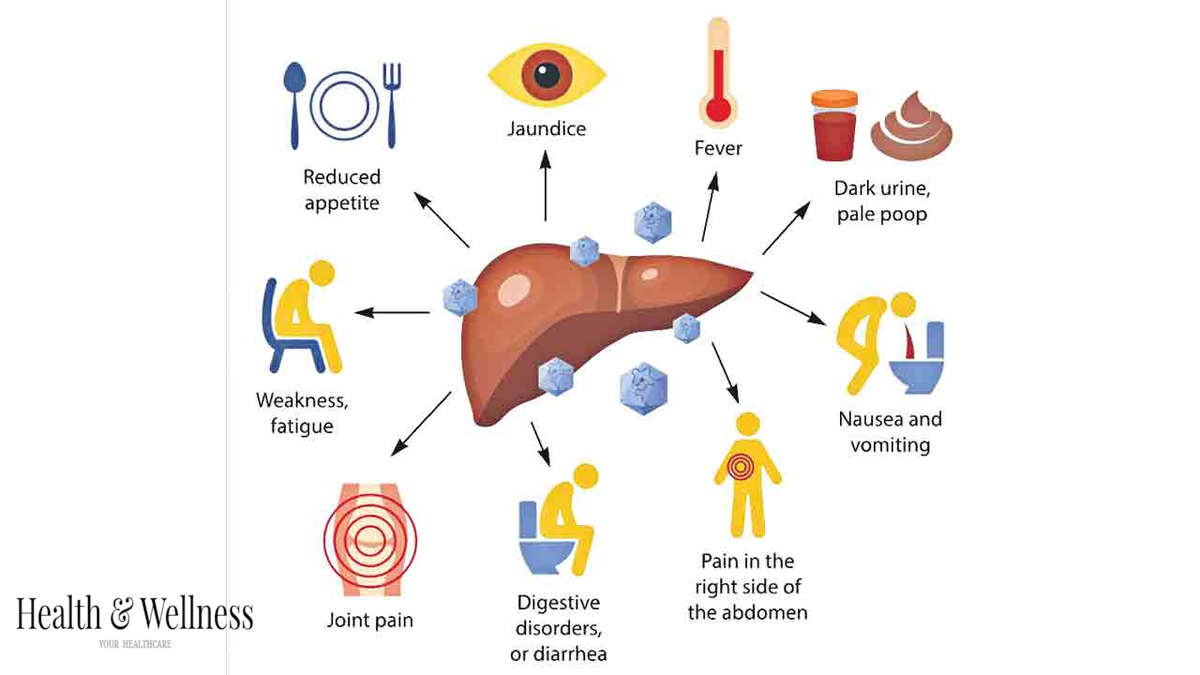Put time management out of your mind. “Energy management” is the best defence against burnout.

It’s likely that you have heard someone in your life say the cliched but accurate statement, “you can’t buy more time.” It takes a lifetime to master the art of managing the seconds, minutes, and hours we have available to us, but what if we’re not seeing things correctly? What if we began enhancing our energy management abilities rather than emphasising the development of time management skills?
We converse about time a great deal. Can I see any time on my calendar now? Is there time for me to hang out with my friends? According to novelist, social worker, and mental health educator Minaa B. “Enthusiastic management is a topic of discussion that is rarely had. In other words, do you have the energy to engage in specific activities, such as socialising, tasks, or outings? Although you might have time, you might not have energy. Taking on chores with an abundance of time but little energy can make it harder for us to concentrate and finish our to-do lists.
How to use energy management techniques
1. Understand what fuels you and what depletes it.
What Minaa refers to as “input” is routines related to self-care, such as attending to yoga class or hanging out with friends. This input provides you with the energy to perform tasks that actively lower your energy levels, such as presiding over a meeting or responding to an overwhelming volume of emails.
It takes time and presence to figure out what feeds your fire (and what most definitely does not). Thus, give the assortment of self-care practices a go and observe your feelings afterwards. Recall: These don’t have to be pricey excursions like Pilates or massages. Maybe curling up with a book from the library and a cup of tea is the kind of self-care that really fills you up. Keep a small journal in which you list the things that get you excited.
2. Recognise when you’re running low on energy.
Many of us don’t even realise that we’re running low on energy, according to Minaa. We might think, “Well, I have 20 minutes to respond to my emails before my next meeting.” In actuality, though, we might have the time—just not the energy—to finish this task. Thankfully, there are signs that let us know when we’re almost out of gas.
According to Minaa, one such tell is just feeling unproductive. Sometimes we find that we’re doing a lot of nothing when we’re doing and redoing. You’re constantly draining energy out of your cup without taking any action to refuel yourself, which is why we still feel so exhausted, she explains.
Maybe when you don’t feel like you’ve had enough feedback, you become a little cranky or you start making dumb mistakes in your job. Recognise your “signs” and take action by pausing to refuel, whatever they may be.
3. Make your inputs a priority.
The third phase is easy to follow: Once you are aware of your inputs, you can try to give them daily priority, particularly at times when you might be more prone to burnout. According to Minaa, “we need to know to plug them in when our batteries are dying.”






